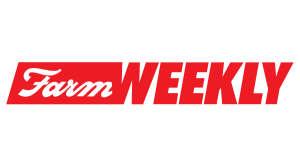Farmers can get up to 50% off water monitoring technology through the Australian Government’s On-Farm Connectivity Program (OFCP). Farmbot offers solutions that save time and resources by remotely monitoring water sources. Apply now for rebates on eligible products.
“We are very excited about the appointment of Fabien as CTO at Farmbot,” said Farmbot managing director Andrew Coppin. “The introduction of this role signifies a huge leap for Farmbot as we continue to scale for the future.”






















